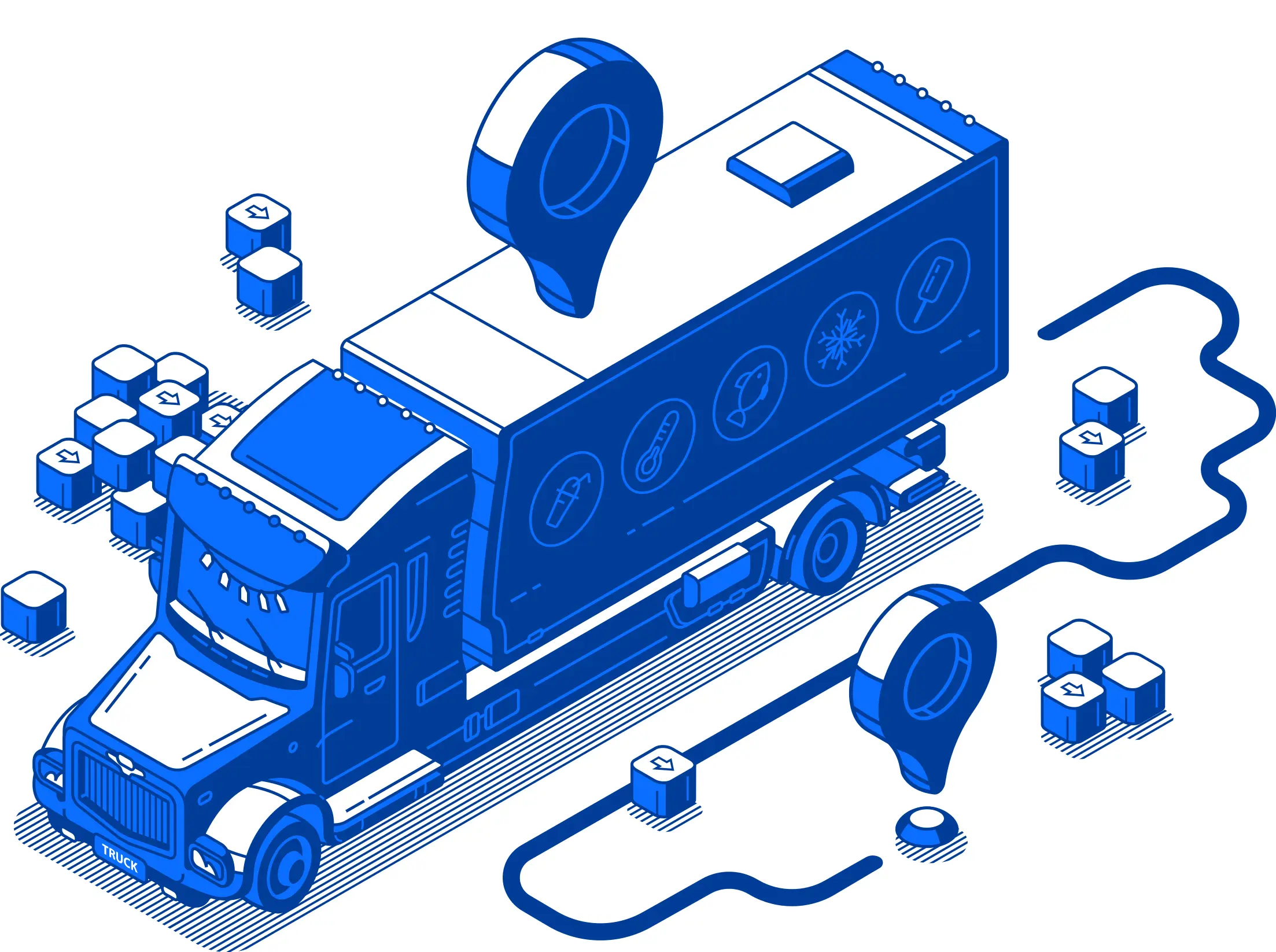When you run a trucking business, a steady flow of money is essential. One late payment can drag you down and make it very hard to pay your drivers or monthly bills. Factoring invoices offers a chance to avoid waiting for payments, but at what cost? Here’s a cost-benefit analysis that helps you better understand the pros and cons of each and what’s best for your company.
The Pros and Cons of Waiting for Payments
Your driver delivered a load. You get the bill of lading and create an invoice. That invoice is faxed, emailed, or mailed, depending on how your office does things. Now, you have to wait. Your client may wait until the end of the month to pay invoices. If you have set a due date, you have to hope payment arrives by that date. You’re waiting on payments and that also has pros and cons.
When you wait for payments, all of the money that’s due is yours. You don’t pay a fee to a factoring company. That’s a big plus. Plus, you communicate with your clients, so they’re constantly in contact with you, which builds and supports your business relationship.
Pros:
- All money that’s earned is yours.
- Enjoy regular contact for business connections and professional relationships.
- Remain fully involved in all aspects of your business.
But, it can also be a negative. If the client doesn’t pay by the due date, you have to call and see if there’s a problem. It can take hours to continually hound clients for the money they owe. If you don’t have the staff to take care of this for you, you’ll spend time chasing payments, which leaves you with less time for other work responsibilities.
Another problem with waiting for payments is that you won’t have a steady flow of cash. You haul freight all month, but your clients are only paying at the end of the month. You’re going for several weeks without payments coming in. You have to learn to spread the money you gain to cover all bills and any emergencies that arise.
Cons:
- Clients may not pay until the end of the month.
- Your payments become late if your client fails to pay on time.
- Late fees drive up your business expenses and lower your credit rating.
You have to decide if the risk of paying bills late is worth the benefit of avoiding factoring fees.
The Pros and Cons of Factoring Invoices
There are pros and cons to factoring invoices, so you need to think carefully about your business goals. One of the top goals should be making sure your bills are paid on time. If you’re not doing that, your credit score may dip and make it hard to qualify for lower rates on credit cards and business loans. If factoring ensures you pay your bills on time, it’s beneficial.
Pros:
- Gain immediate cash, which makes it easy to pay bills and wages on time.
- There’s less hassle with invoicing taken care of by the factoring company.
- There’s no need for a full-time bookkeeper.
- Gain the benefits of same-day payments.
Freight factoring also has a few cons. There’s a factoring fee, and there may be other things to know. Depending on the factoring agreement, you might find yourself paying back the cash advance you received. If you have a recourse arrangement and your client doesn’t pay the invoice when it’s due, a factoring company will collect the lack of payment from you. The best way around this is to make sure you have a non-recourse arrangement, but they come at a higher price.
Do you understand how freight factoring works? Submit your bill of lading to the factor. It’s processed and the fee is removed from the amount you’re owed. A cash advance for some or all of the remaining money is sent to your debit card or bank account. If you have an agreement where you get 95%, you’ll get 95% of the amount that’s due. The remaining 5% is sent to you once your client pays the invoice. Companies may offer 100%, which means you get everything that’s owed to you at once, minus the factoring fee.
You have to submit your bills of lading by the deadline for same-day payment. If you miss it, you’ll have to wait a day or two, depending on how quickly your bank processes EBTs. If you have the cash advance sent directly to your Saint John Capital Visa, it’s going to be faster.
Cons:
- The factoring fee reduces the amount of money you get.
- Repayment may be necessary if your client doesn’t pay.
- Remember it’s your job to submit bills of lading and download invoices to your bookkeeping software.
- Factoring specialists work with your clients, so you’re not in contact with them as much.
Knowing those pros and cons, you have to consider which works best in your situation. Can you afford to wait or are you constantly paying bills late and incurring substantial late fees and dings on your credit score? Being paid ASAP and dealing with a fee of 1% to 5% is often better.
In the end, the most cost-effective approach depends on how you currently handle things. If you pay bills using a credit card or business line of credit and make minimum payments until the payment arrives, the amount of interest you pay is alarming.
In October 2023, interest rates for business lines of credit start at 8% and go up to 60%, depending on your credit rating. SBA loans are 10.5% to 16.25%. If you have bad credit, business loans start at 25%. Credit cards aren’t much better with an average rate of 22%.
Compare those rates to the fees if you factor your invoices. Typically, freight factoring fees range from 1% to 5%. It’s a huge savings. Sure, you do have to pay that fee, which decreases the amount of money you get, but it’s minimal compared to credit card interest rates and business lines of credit that tend to be over 20%.
There are a few other issues to consider. A business line of credit will have an origination fee, which is usually no more than 2%, but it will increase your costs. Some have annual fees, which is also possible with a credit card. If you withdraw from your line of credit, a draw fee is possible, and maintenance fees are also possible if you don’t use your account each month. Make sure you understand all possible fees.
Which Is the Most Cost-Effective?
Freight factoring often makes more sense for temporary situations. If a few of your clients take too long to pay invoices, freight factoring helps out. With Saint John Capital, you do not have to factor every invoice. Keep invoicing your best clients as you normally would. You can use our factoring service for newer clients or clients you know to take a little longer when it comes to paying invoices.
When you don’t have the time to wait, use Saint John Capital’s freight factoring arrangements to avoid late fees and late payment dings on your credit report. Learn more about the many benefits of freight factoring by talking to our team of expert factors.











